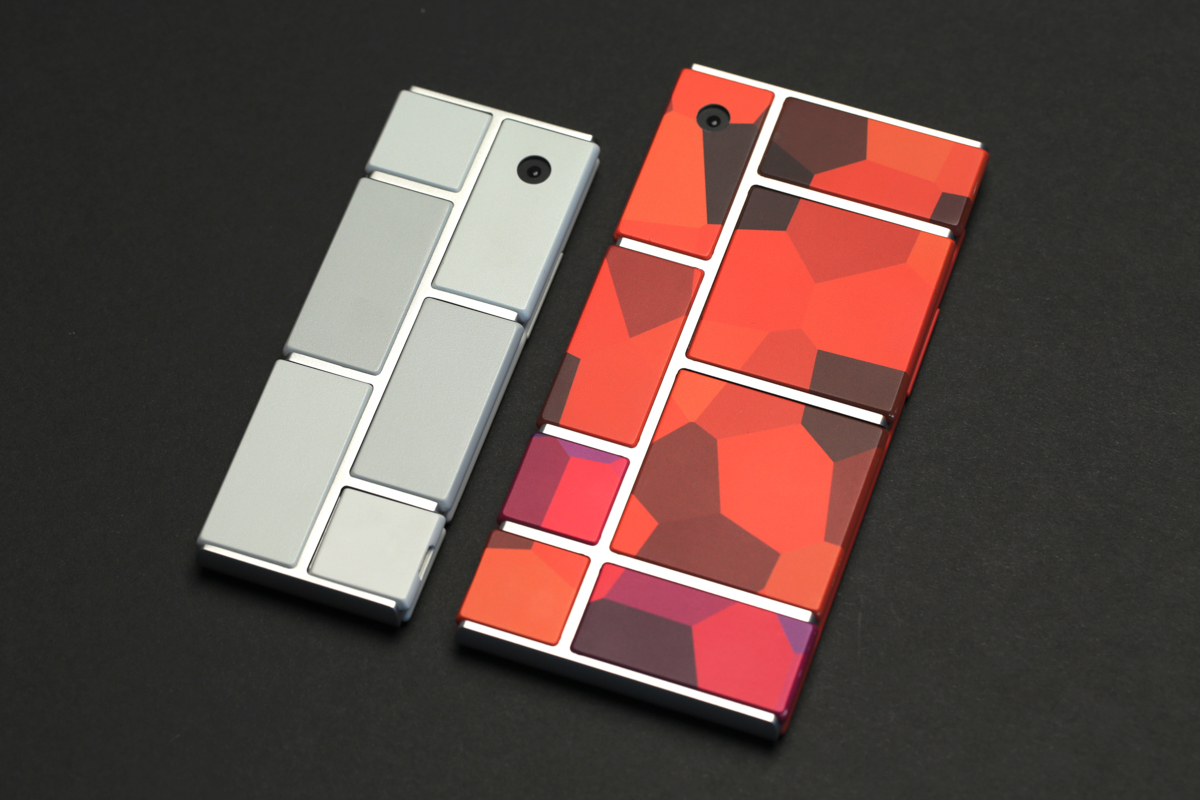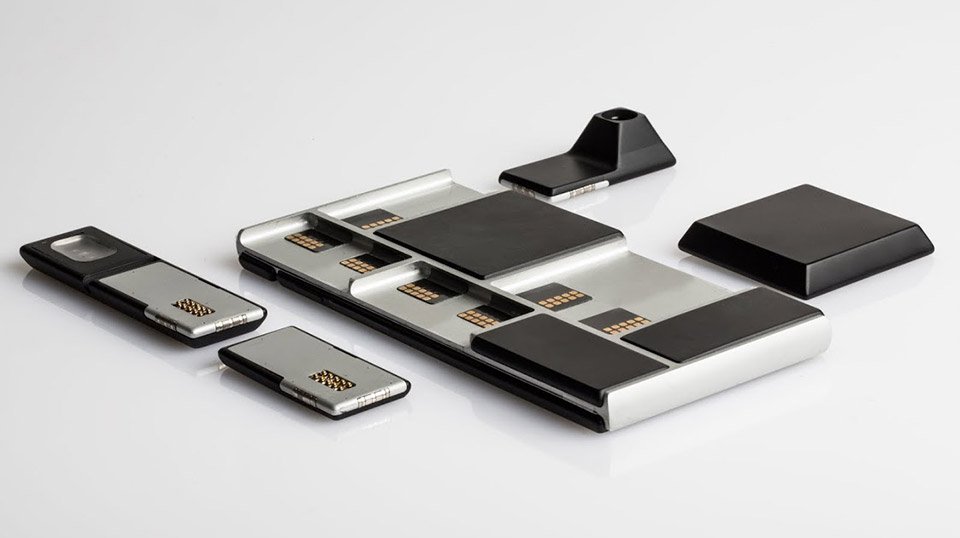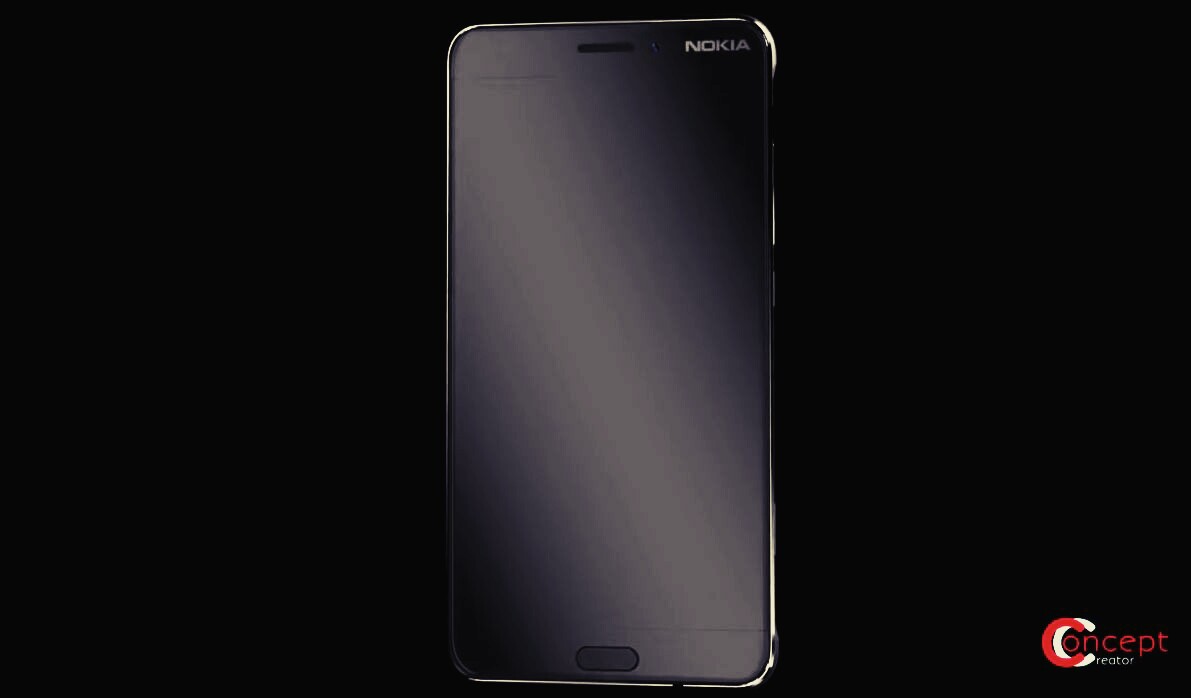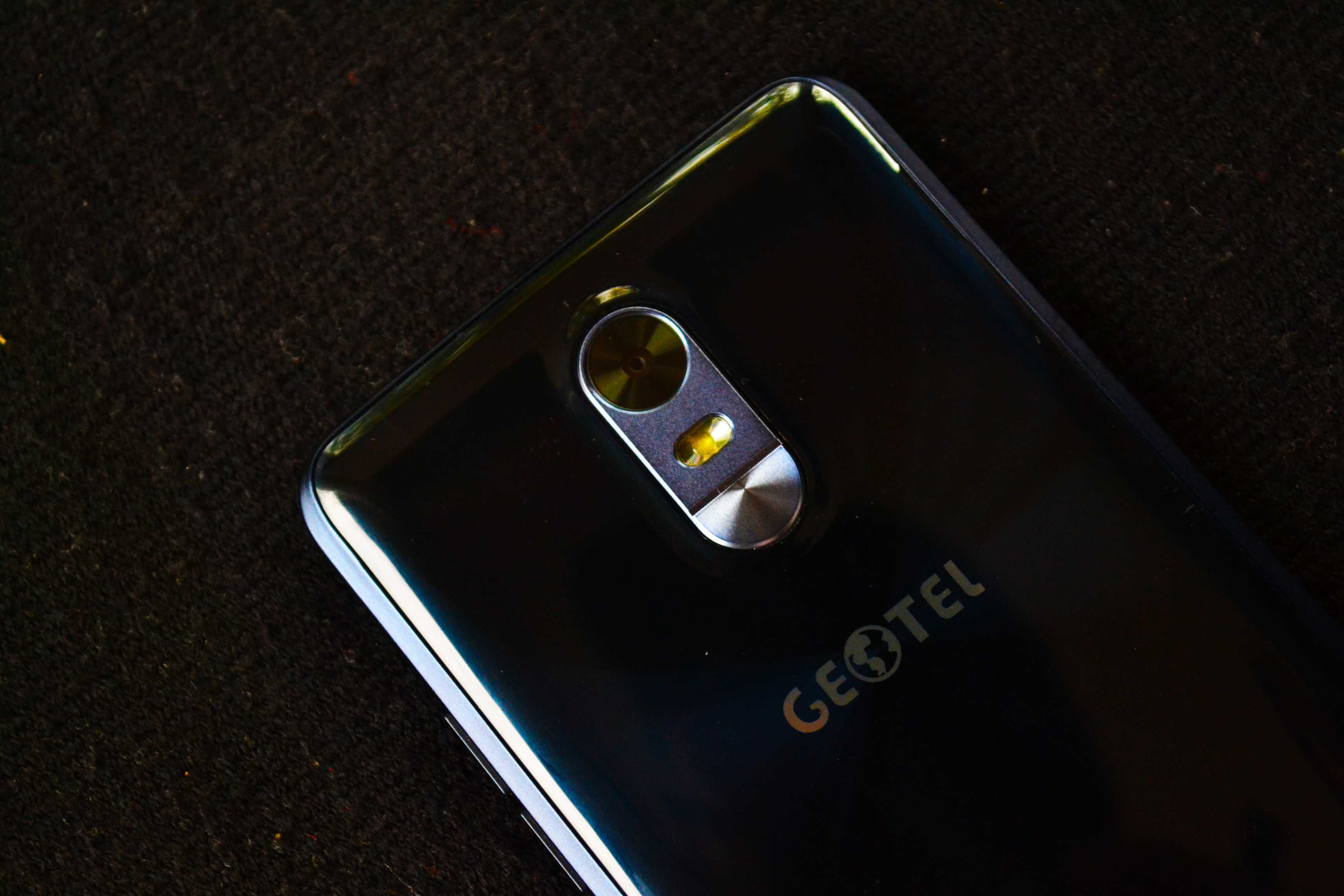LG released its latest smartphone, the G5 a few weeks ago, which was deemed as the world’s first “Modular” smartphone. A similar idea was put forth by Dave Hakkens, creator and designer of Phonebloks, an open-source modular smartphone concept way back in 2013. He inspired the world with a vision of a wholly modular smartphone, which aimed at reducing electronic waste, and also giving users customizable control over their devices, and let them keep the using the same device for years to come.
The concept, Phonebloks, was massively well-received, and also the video describing it has been viewed over 21 million times! Turned out that Motorola, then under Google, had been tacitly working on similar lines with Project Ara, which was unveiled shortly after Hakkens video went viral. Google has now taken full control over Ara, but Hakkens has voiced his opinion on the recent development, saying this isn’t the modular phone we’re looking for.
Many have praised Google’s recent update regarding Ara. The device seems to look really nice, and developers will be getting Dev versions this fall. A commercial release date for 2017 has also been set. The promo video has Ara looking all sleek and wholly customizable, and Google even boasted that the frame of the device “contains all the functionality of a smartphone.” This is where Dave Hakkens, Phonebloks Founder says Google has strayed from the actual path.
He says, “It basically means the Ara skeleton is a fully equipped phone with things like CPU, antennas, sensors, battery and display. The 6 little blocky modules on the back of the phone are just add-ons like better cameras, speakers, scanners etc. Things to customise your phone, for fun. It means your phone still gets obsolete after a while. What if your screen breaks? Well you still need to replace the entire phone. And after a couple of years it gets slow and you need to replace your entire skeleton.”
Basically, Google has just made an extremely customizable smartphone by bringing more functionality to the frame instead of leaving it as a go-between for components, and not a truly modular phone. This seems to go against the whole spirit of the
project. What’s more is that, Hakkens is troubled that Google is taking full control over the project and going solo, instead ofcreating “a phone for the entire world” which was the basic aim of Ars. It was originally an open platform for developers and manufacturers to be able to develop their own modules.
“However it isn’t truly open”, Hakkens writes. “Everything happens under the umbrella of Google. They are in charge, they make the rules. They can decide to suddenly change the connectors, or desing. Making all previous modules you have obsolete. It’s a powerful ecosystem which shouldn’t be in the hands of one organization.”
So Project Ara will still be the modular smartphone we’re looking for? Maybe. Hakkens says he’s still a fan of the project and is amazed by the amount of progress Google has made and how they are pushing limits. However, he believes they’re getting too focused on just creating a “phone that sells”, instead of constructing an entire new platform for the future of mobile devices.
Do you guys think Google is taking a step in the right direction with Ara? Let us know in the comments section below. We would like a Solid Discussion! 🙂
[Source: Dave hakkens]





